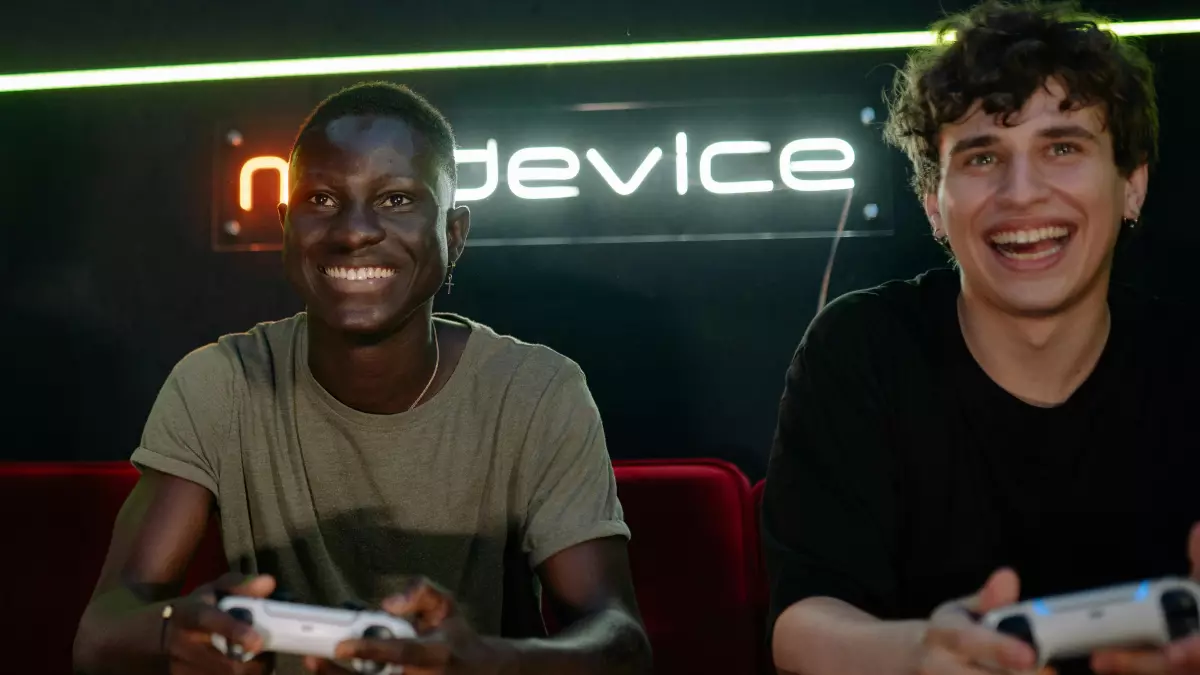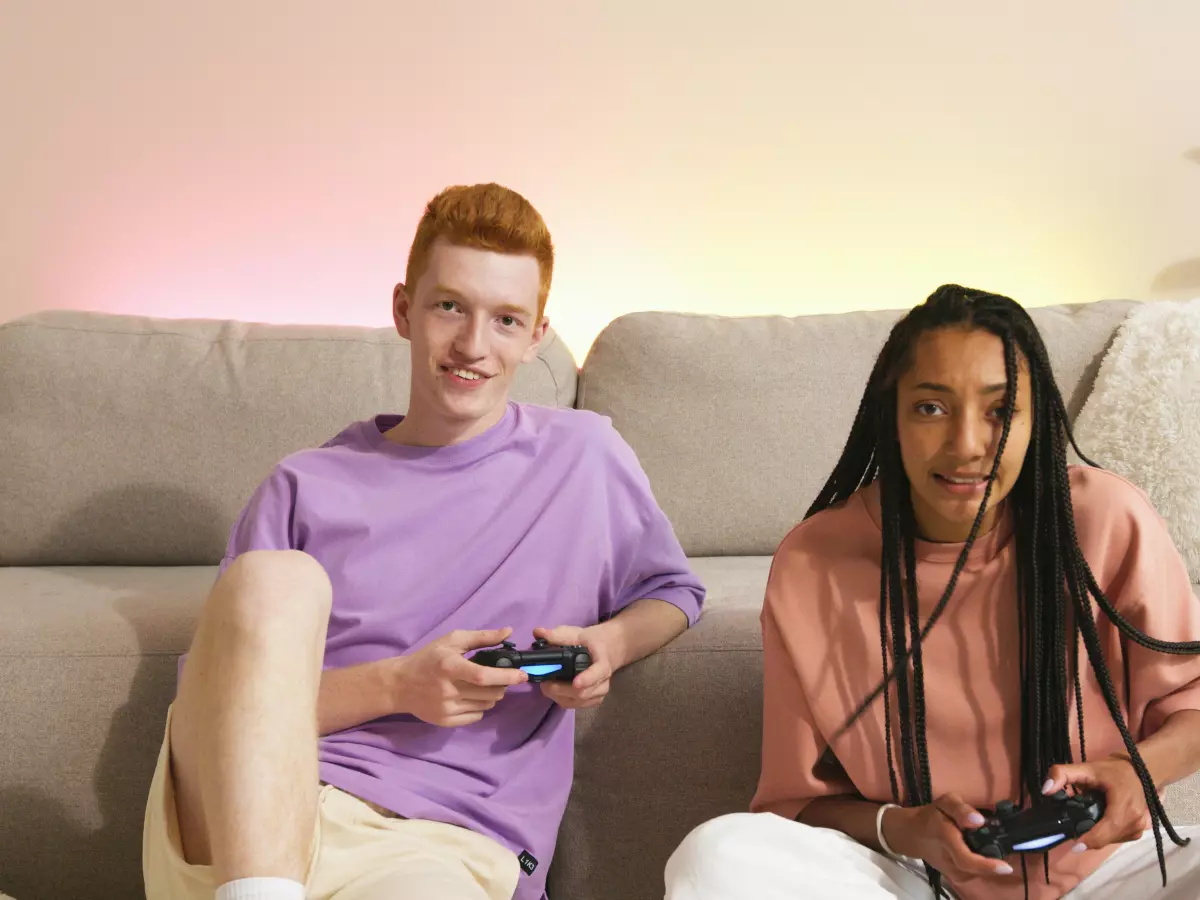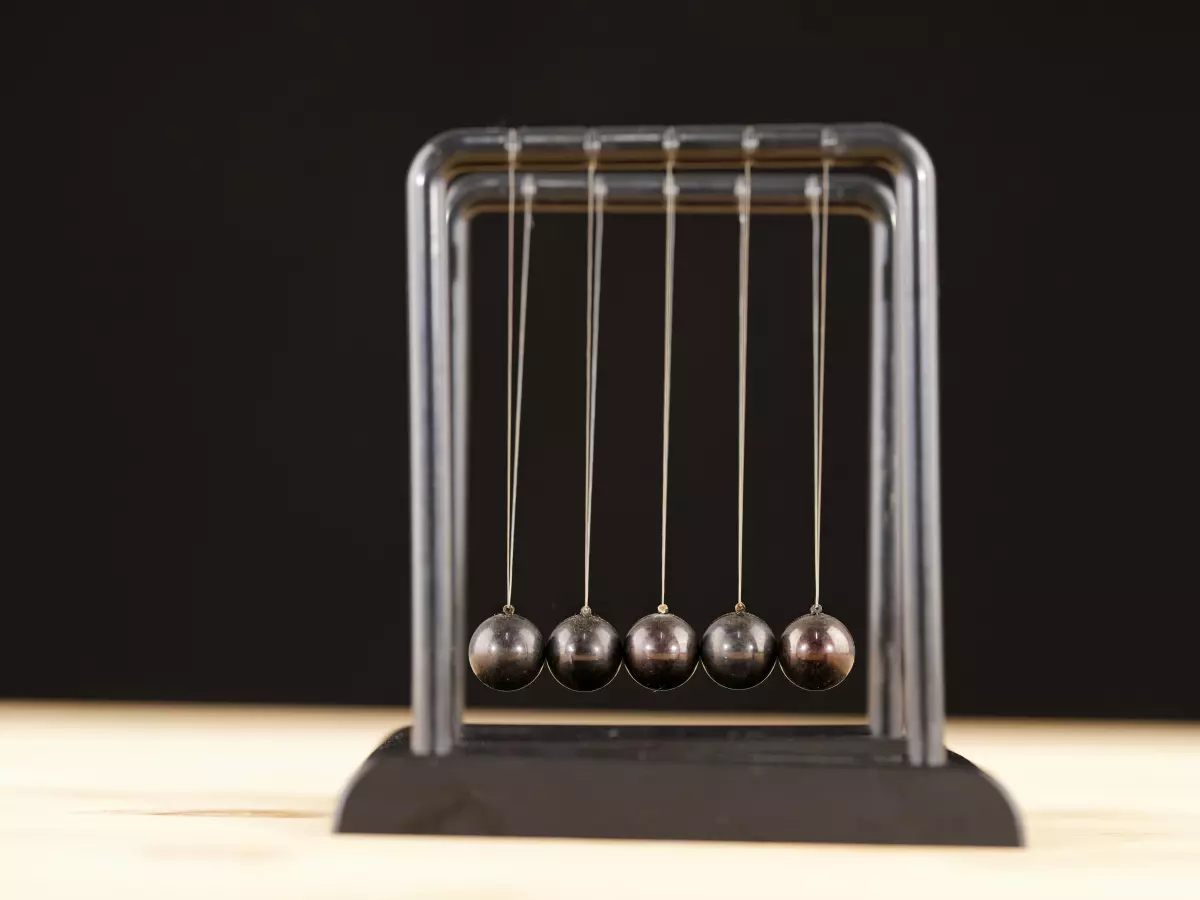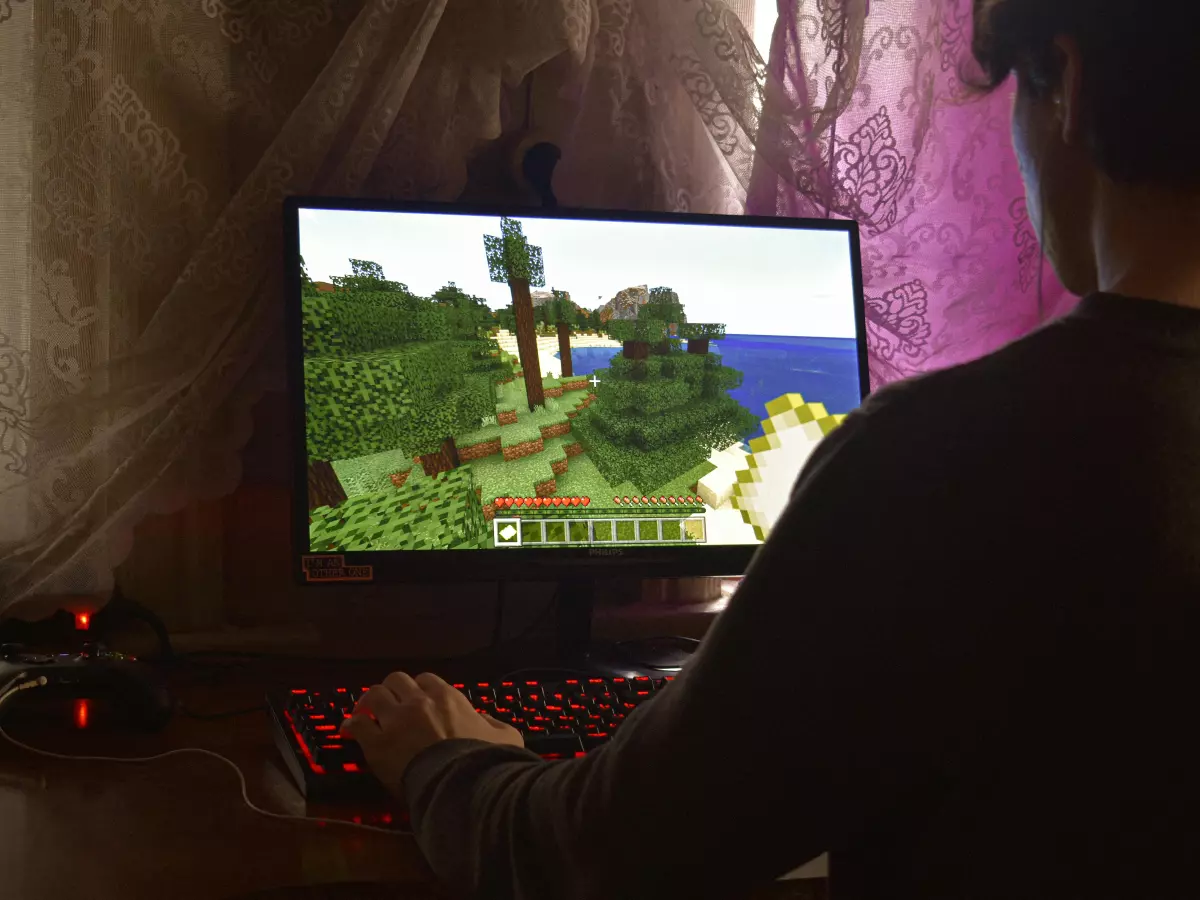Handheld Showdown
Imagine a future where handheld gaming consoles are so powerful, they blur the lines between cloud gaming and traditional gaming. You’re on the subway, playing the latest AAA title, not on a bulky console but on a sleek, lightweight device that fits in your pocket. No lag, no fuss—just pure gaming bliss. Sounds like a dream, right?

By Sophia Rossi
Well, that future might be closer than you think, and it’s not just because of the Steam Deck. Enter the Logitech G Cloud, a cloud-based handheld gaming console that’s been making waves lately. According to TechRadar, the Logitech G Cloud just got a big price cut in the US and the UK, making it a more affordable option for gamers looking for a solid alternative to the Steam Deck. But what exactly makes the Logitech G Cloud stand out in this increasingly crowded space?
The Cloud Gaming Revolution
Cloud gaming is no longer a futuristic concept—it’s here, and it’s growing fast. Services like Xbox Cloud Gaming, NVIDIA GeForce Now, and even PlayStation Now are making it easier than ever to stream games directly to your devices. The Logitech G Cloud taps into this trend, offering a device specifically designed for cloud gaming. Unlike the Steam Deck, which is more of a portable PC, the G Cloud is built with streaming in mind. It’s lightweight, has a long battery life, and is optimized for cloud-based services.
But here’s the kicker: the G Cloud doesn’t have the raw power of the Steam Deck. It’s not designed to run games locally; instead, it relies on your internet connection to stream games from the cloud. This could be a dealbreaker for some, but for others, it’s a game-changer. No need to worry about storage space or hardware limitations—just connect to the cloud and go.
Performance and Design
Let’s talk specs. The Logitech G Cloud features a 7-inch 1080p touchscreen, a Qualcomm Snapdragon 720G processor, and 4GB of RAM. While these specs won’t blow your mind, they’re more than enough for cloud gaming. The device also boasts a 12-hour battery life, which is a huge plus for gamers who are always on the move. Compare that to the Steam Deck’s battery life, which can range from 2 to 8 hours depending on the game you’re playing, and the G Cloud starts to look pretty appealing.
Design-wise, the G Cloud is sleek and comfortable to hold. It’s lighter than the Steam Deck, making it easier to carry around. The controls are responsive, and the overall build quality feels premium. If you’re someone who values portability and ease of use, the G Cloud might be the better option for you.
Is It Worth It?
So, is the Logitech G Cloud worth your hard-earned cash? That depends on what you’re looking for in a handheld gaming device. If you’re a hardcore gamer who wants to run games locally and push your hardware to the limit, the Steam Deck is probably still your best bet. But if you’re more interested in cloud gaming and want a device that’s lightweight, portable, and optimized for streaming, the G Cloud is a solid choice—especially now that it’s more affordable.
As cloud gaming continues to evolve, devices like the Logitech G Cloud could become the norm rather than the exception. The future of gaming might not be about owning the most powerful hardware but about having the best access to the cloud. And with the G Cloud, that future is already here.
One thing’s for sure: the handheld gaming space is heating up, and the Logitech G Cloud is a serious contender. Whether it can dethrone the Steam Deck remains to be seen, but it’s definitely worth keeping an eye on.
So, what do you think? Is the Logitech G Cloud the future of handheld gaming, or is it just another cloud-based experiment? One thing’s certain—gaming on the go has never been more exciting.





